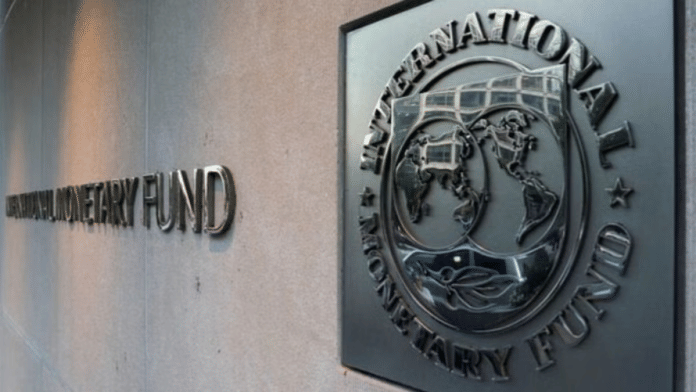New Delhi: Pakistan’s external trade statistics has come under scrutiny by the International Monetary Fund (IMF), which has called on Islamabad to address roughly $11-billion worth of discrepancies in trade data furnished by two government agencies in the last couple of fiscal years.
The discrepancies found in the data for 2023-2024 and 2024-2025 fiscal years have raised questions about the credibility of Islamabad’s external indicators, and come at a time when Pakistan continues to rely on IMF funding to stabilise its economy.
The import data furnished by two different agencies—Pakistan Revenue Automation Limited (PRAL) and Pakistan Single Window (PSW)—for the 2023-2024 fiscal year had an almost $5.1 billion difference. PRAL’s data reported the total value of imports at roughly $5.1 billion less than PSW’s numbers, The Express Tribune, a Pakistani newspaper reported.
The difference in the import data widened to $5.7 billion the following year. The total import value furnished by PSW was also higher than the calculations made by the State Bank of Pakistan’s (SBP) freight-on-board import data—the data from the SBP was used to calculate the current account surplus, according to the Pakistani newspaper.
The discrepancies led to the Pakistani authorities briefing the IMF before the start of the latest review talks after the international lender reached out to Islamabad. The IMF urged the Pakistani authorities to be more transparent in its communication over the discrepancies to ensure lesser distrust between the government and the users of the data furnished by its agencies.
The differences, according to government sources as reported by The Express Tribune, was not due to “malafide intent” but the due to transition of data sources from PRAL to PSW. Earlier this year, the Pakistani newspaper reported that Prime Minister Shehbaz Sharif has ordered the shuttering of PRAL by December, after a failed upgrade to its IT systems, funded by a World Bank loan. Founded over three decades ago, PRAL is a fully owned private company of the Federal Board of Revenue (FBR) of Pakistan.
The PRAL data underreported import data, especially that of raw materials, due to the fact that its sources are based on seven types of goods declaration, while that of the PSW is more comprehensive at 15. There is also a large discrepancy between goods declared by Pakistani importers and those by Chinese exporters.
According to The Express Tribune, Sharif had appointed a committee to investigate the issue, which indicated that the Pakistan Bureau of Statistics (PBS), which reports to the Geneva-based International Trade Center (ITC) underreported imports due to an old programme query, created in 2017.
The PBS has integrated the data from PRAL for its data reporting. The PRAL data sources had not integrated a separate goods declaration category for trade facilitation schemes created by Pakistan Customs, which led to the underreporting of imports.
The discrepancies were large in textile imports, worth roughly $3 billion, according to the Pakistani newspaper. The PBS is uncertain of releasing the discrepancies to the public, given that it could impact the economic outlook of the country.
Islamabad is currently receiving assistance from at least two IMF programmes—Extended Fund Facility (EFF) and the Resilience and Sustainability Facility (RSF) lending programme. The EFF has a sanctioned value of $7 billion, while the RSF lending programme of roughly $1.3 billion was approved by the IMF board right after Operation Sindoor in May.
India abstained from the vote amid fears of the money being used to fund cross-border terrorism. Around $2.1 billion from the EFF has been disbursed so far. Islamabad has had at least 25 arrangements with the IMF since 1958, which averages to roughly one arrangement every 2.5 years, indicating the fragility of its economy.
Since 2019, Pakistan has been a part of at least four such funding arrangements with the international lender.
Also Read: Pakistan is getting new friends. Conflicts with India will only grow






